Mumbai's air quality: A growing hazard necessitates immediate action
- Rommel Rodrigues
- Oct 29, 2023

BMC deploys an anti-smog gun at Marine Drive in Mumbai to address the air quality crisis
MUMBAI: India's bustling financial capital Mumbai, has long been a symbol of progress and development. However, behind its glimmering skyline and vibrant streets lies a growing concern that threatens the well-being of its residents – deteriorating air quality. As the city's population continues to grow exponentially, coupled with rapid industrialization and vehicular emissions, Mumbai finds itself grappling with an air pollution crisis. This article delves into the causes and consequences of Mumbai's declining air quality, highlighting the urgent need for action.
With over 3 million vehicles congesting the city's roads, Mumbai's air is heavily laden with harmful pollutants. The unchecked growth in the number of private vehicles, inadequate public transportation, and outdated emission standards have contributed significantly to the city's worsening air quality.
Mumbai's industrial sector, including refineries, power plants, and manufacturing units, emits a substantial amount of pollutants into the air. The lack of stringent regulations and monitoring mechanisms exacerbates the problem, allowing industries to operate without adequate pollution control measures.
The rapid pace of urban development in Mumbai has led to a surge in construction activity. These activities release copious amounts of dust and pollutants into the air, further contributing to the city's already toxic atmosphere.
All these factors have had a severe impact on the citizen's health and resulted in a significant rise in respiratory disorders, including asthma, bronchitis, and chronic obstructive pulmonary disease (COPD). Children and the elderly are particularly vulnerable, with their weakened immune systems making them more susceptible to the harmful effects of pollution.
Studies have shown a direct correlation between prolonged exposure to air pollution and cardiovascular ailments. Mumbai's residents face an increased risk of heart attacks, strokes, and other heart-related problems due to the toxic air they breathe every day.
The city has to urgently think of measures, and an important one is an efficient and accessible public transportation system to reduce vehicular emissions. Enforcing stricter emission norms and monitoring mechanisms for industries is another essential measure to curb air pollution in Mumbai.
Creating awareness among citizens about the harmful effects of air pollution is equally vital. Encouraging individuals to adopt sustainable practices, such as carpooling, reducing energy consumption, and planting trees, can contribute to improving Mumbai's air quality.
Only through collective action and a commitment to sustainable development can Mumbai reclaim its status as a city where its residents can breathe clean, fresh air.



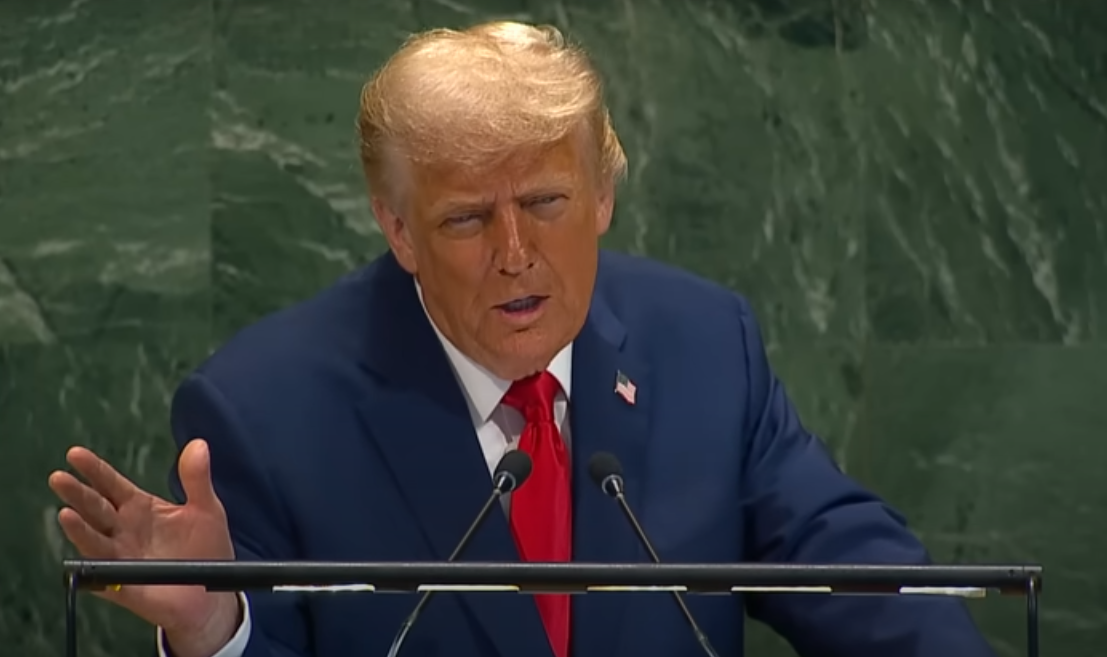
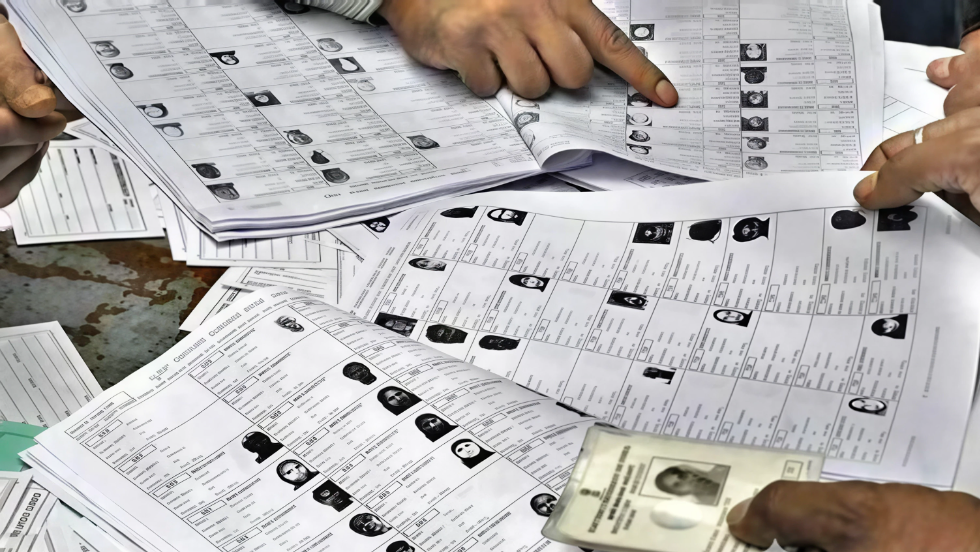
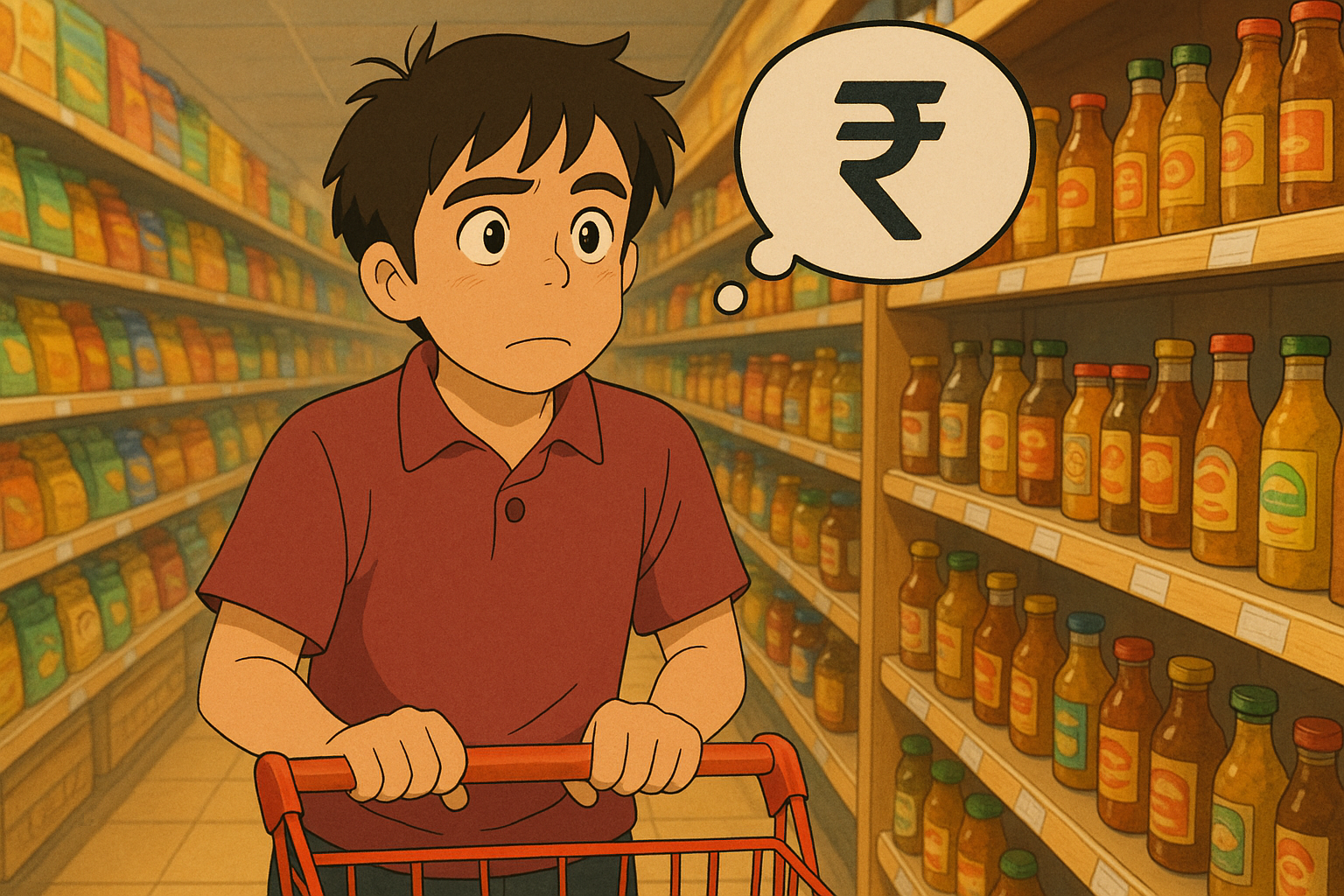
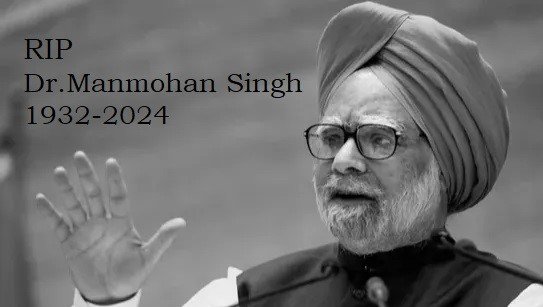
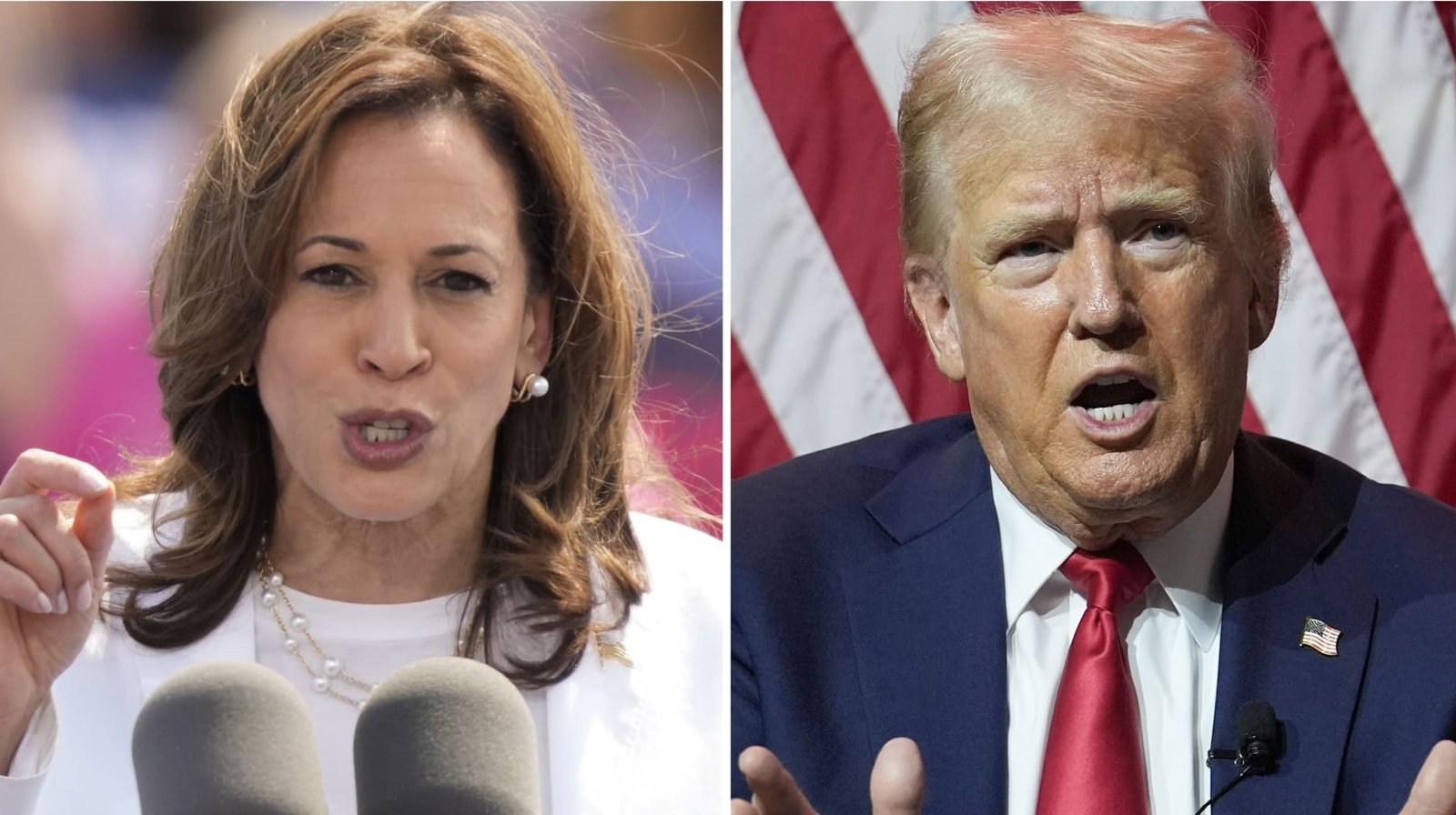
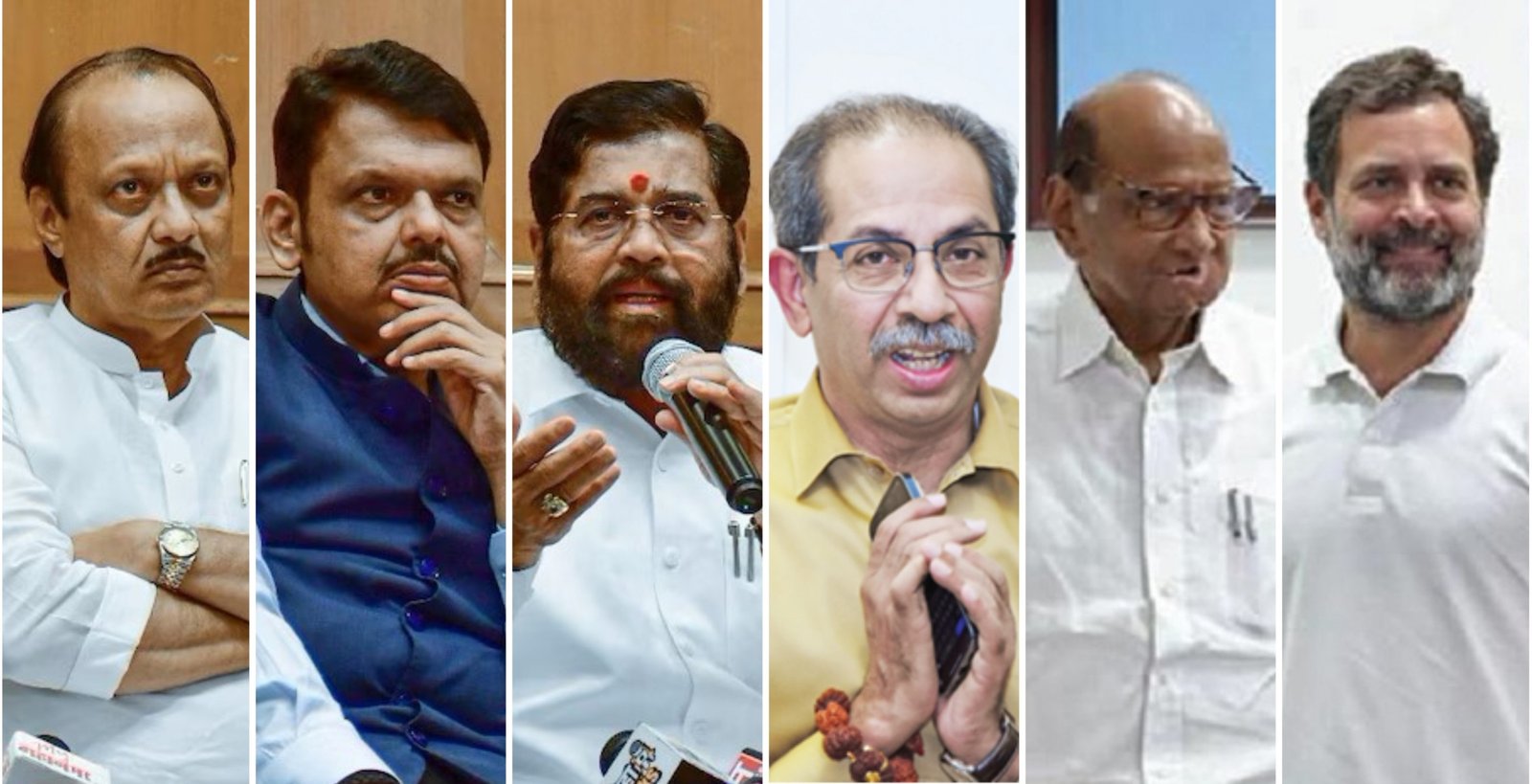
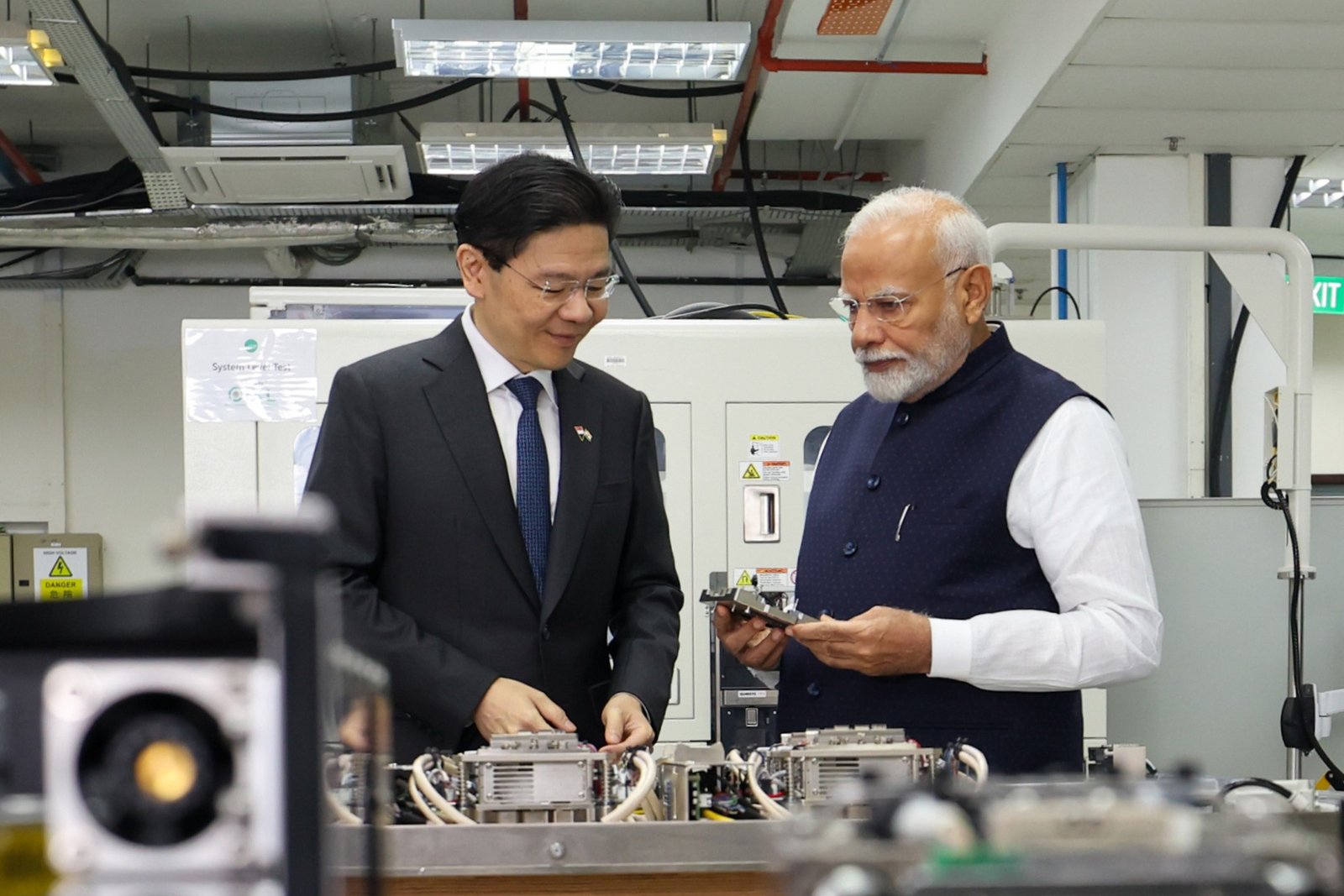
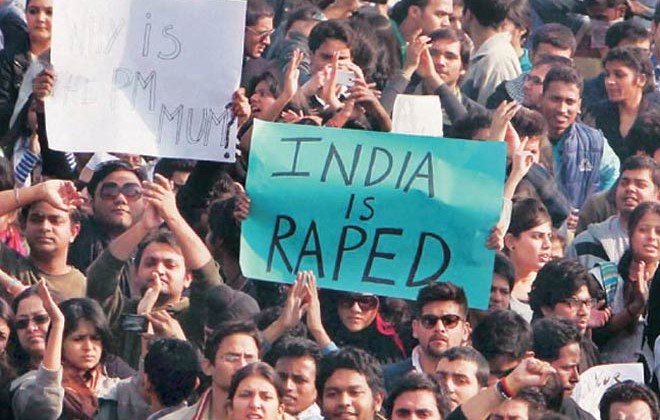
Reporter
Rommel is our Editor. He has close to three decades of experience in leading publishing houses including, Fortune India, Observer of Business & Politics, The New Indian Express etc.
View Reporter News